18
MENTAL HEALTH PROMOTION
MENTAL HEALTH PROMOTION
Apie
This Learning Playlist is part of the international training course Mental Health Promotion in the Youth Field. There are 3 parts to this training.
Before the Mobility
Participants of this international training course are requested to prepare by doing some research into the NLP that we will use as a model for our learning about Mental Health Promotion. They do this through the Learning Activities:
- What is NLP
- History of NLP
- NLP and System Theory
The First Part of the Mobility
For the first 6 days of the Mobility, participants will experience youth work activities and reflect on their learning from that day using the following Learning Activities:
- Change the world, Change your mind
- Step by Step to great Rapport
- Sensory Acquity, Mind-reading for beginners
- Building the Picture, Setting the Outcomes
- Tools and techniques - 1
- Tools and techniques - 2
The Second Part of the Mobility
Participants will transfer their learning into (digital) learning activities for the people they work with and participate in a youth work market with local youth work organisations.
LifeComp competence framework
To support recognition of non-formal learning and to support the development of the “Personal, Social and Learning to Learn” skills within youth work we make in this training an connection between the learning happening during the training and the LifeComp Competence Framework.
Spcifically will be worked on the following skill zones: flexibility, growth mindset, critical thinking, collaboration, self-regulation, communication, empathy, well-being and managing learning.
Open Badges
In each Learning Activity and for the total Learning Playlist participants can earn Open Badges. Sometimes the badges will be issued via checking evidence by accredited NLP practisioners, other times via international trainers and also via self-assessment by the earners itself.
This project is co-funded by ErasmusPlus
Baigti renginius
Atlikite šias veiklas, gaukite ženkliukus ir pamatysite grojaraščio progresą
Apie
So, today during the 5th day of the international training course Mental Health Promotion in the Youth Field we moved our focus from building rapport and well-formed outcomes to experiencing some of the tools and techniques that we can use in our promotion of mental health with young people. As usual, here’s a brief overview of what we did, and the usual questions will follow!
The Target Model: This is a simple checklist of what needs to be right so we can do effective and ethical health promotion using these tools.
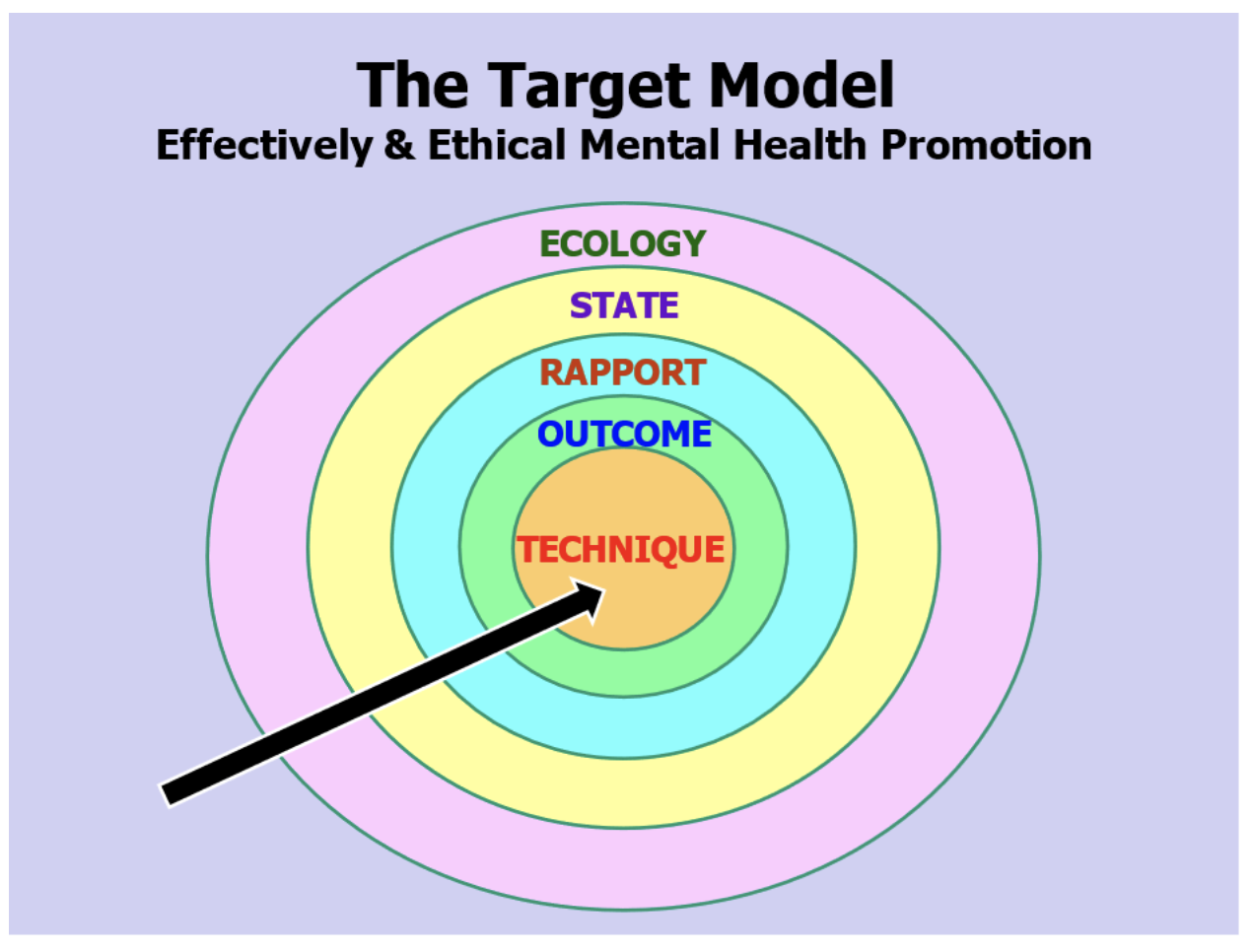
Resource Anchoring: We learnt about the anchoring technique that helps us to access previously resourceful states at will. Then we got to try it out with a partner.
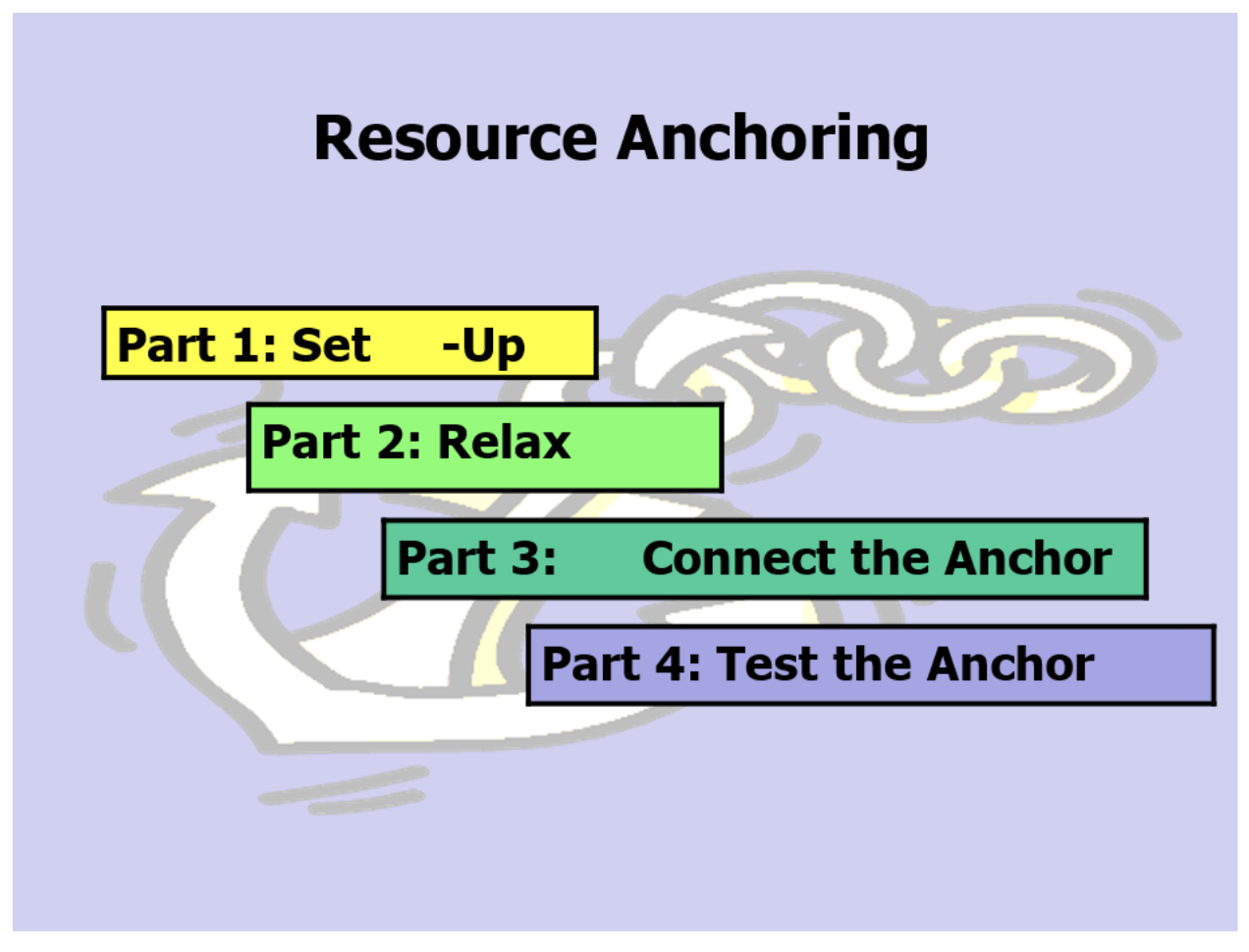
Language Patterns: We looked at the precise meanings of words and how we can use these meanings to get maximum effectiveness in our spoken communications. This was made even more interesting l by looking at how these influential word patterns vary from language to language and culture to culture.
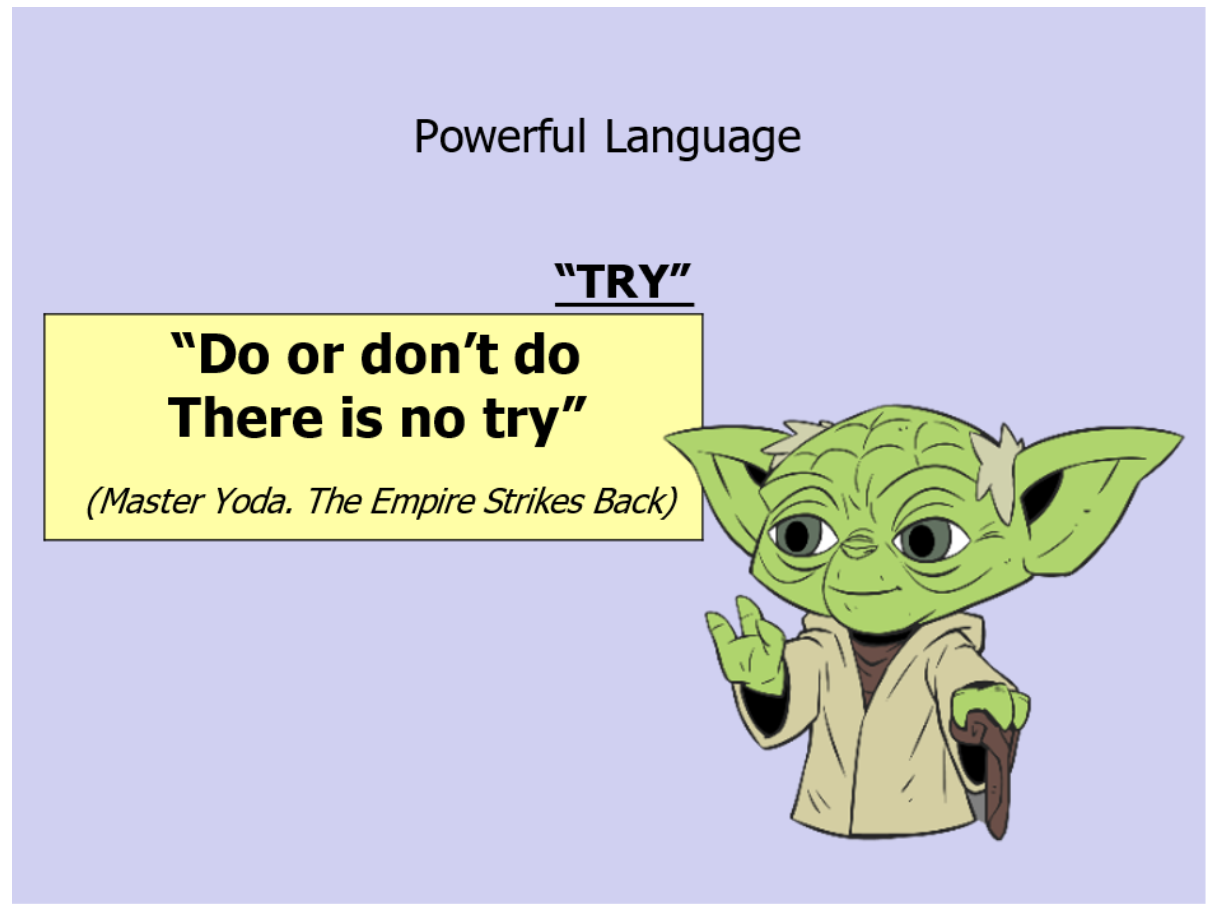
Chunking: What is a “chunk” of information? Why are these “chunks”different for different people? How can we use this to support mental health in young people? All these questions and more were explored today.
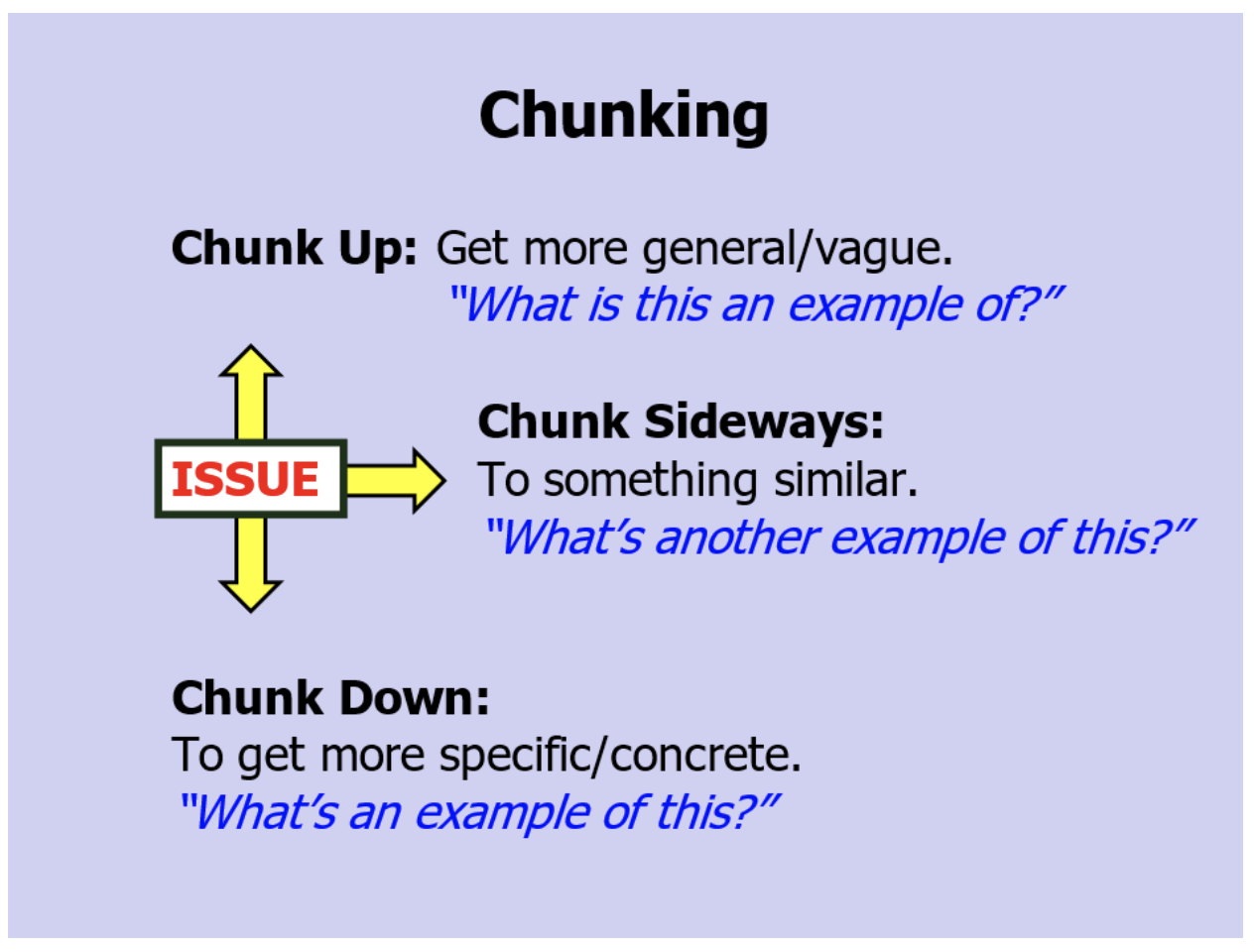
The New Behaviour Generator: This technique is built on the idea from sports coaching of “Mental Rehearsal”. If top sports people and athletes can use the power of their imagination to get them closer to their desired outcome, we can do exactly the same thing to help us to get what we want in our own lives.
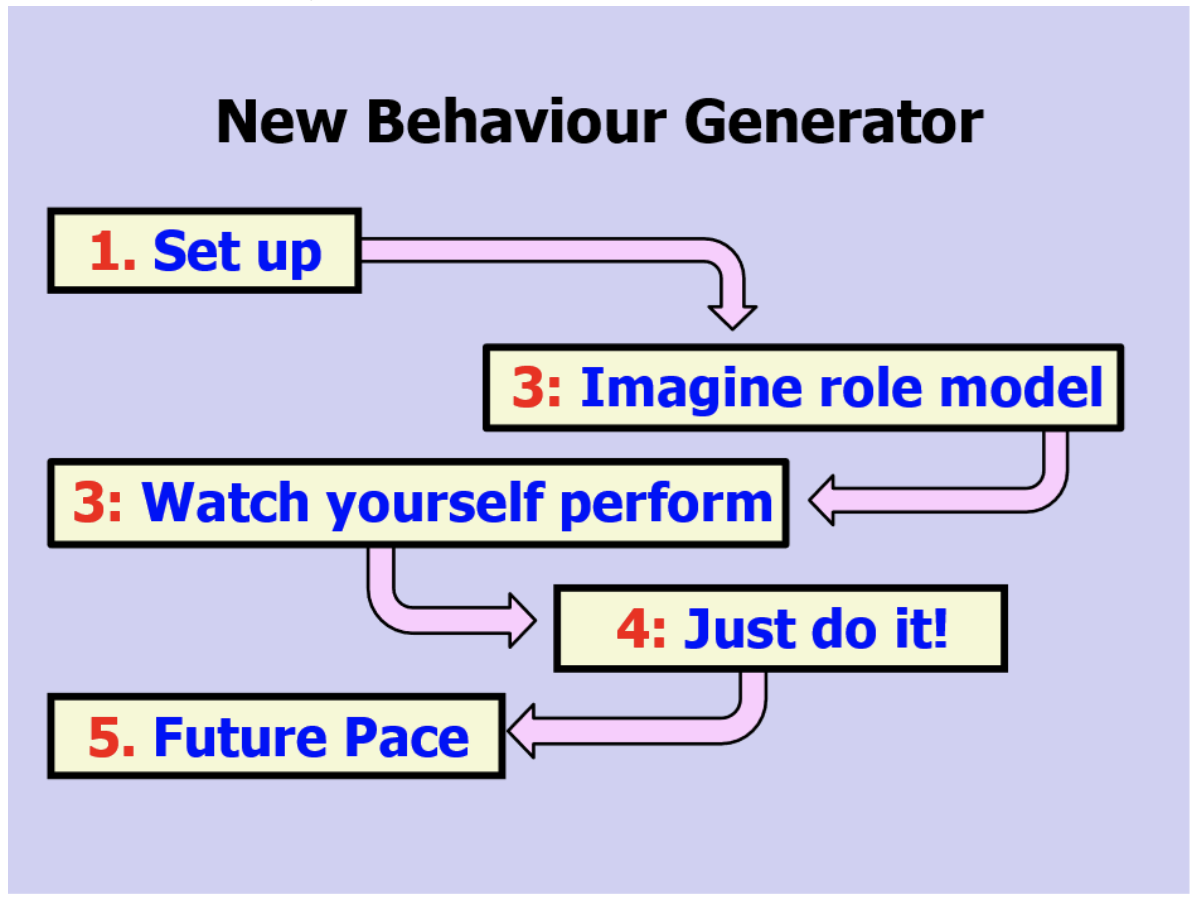
Gauk veiklos ženkliuką
Tools & Techniques (Part 1) Gauk šį ženkliuką
This badge is a reflection tool for the fifth day of the international training course Mental Health Promotion in the Youth Field. This was a skill-intensive day of training with lots of new concepts and techniques that participants got to try out for themselves:
- We started by looking at the Target Model that enables us to do ethical and effective Mental Health Promotion with young people.
- The technique of Resource Anchoring helps us to use previous great experiences from the past as resources for the present and in the future.
- The use of Powerful Language Patterns was an interesting exercise because of the linguistic and cultural diversity in the room.
- The Chunking exercise is aimed to get people to think about how we communicate and how by changing the chunk-size we get very different perspective on our experiences.
- Participants finished the day exploring the New Behaviour Generator which uses technique of mental rehearsal to promote mental health.
The holder of the badge will have worked either on their own or in a small group to reflect on the questions:
- how the day has gone
- what has been learned
- how to use this in your youth work
- how else to use it.
The questions are designed to optimise generative learning: they are not just about what the participant has learnt but also how they can use the learning in their work and personal life.
- L1.2: Understanding that learning is a lifelong process that requires openness, curiosity, and determination,
- L1.3: Reflecting on other people’s feedback as well as on successful and unsuccessful experiences to continue developing one’s potential,
- L3.2: Planning and implementing learning goals, strategies, resources and processes,
- L3.3: Reflecting on and assessing purposes, processes and outcomes of learning and knowledge construction, establishing relationships across domains,
- P1.1: awareness and expression of personal emotions, thoughts, values, and behaviour,
- P1.3: Nurturing optimism, hope, resilience, self-efficacy and a sense of purpose to support learning and action,
- P2.2: Understanding and adopting new ideas, approaches, tools, and actions in response to changing contexts,
- P3.2: Understanding potential risks for wellbeing, and using reliable information and services for health and social protection,
- S2.3: Understanding and managing interactions and conversations in different socio-cultural contexts and domain-specific situations, and
- S3.3: Fair sharing of tasks, resources and responsibility within a group taking into account its specific aim, eliciting the expression of different views and adopting a systemic approach.
Užduotys
Užduotis nr.1
Įrodymus patikrino: vienas renginio organizatorius
- How has today gone for you?
- What have you learnt?
- How can you use this in your youth work?
- How else can you use it?
Įgūdžiai
#Mental Health Promotion
ESCO
#campaign for youth work in the local community
LIFECOMP
#Flexibility
LIFECOMP
#Growth mindset
LIFECOMP
#Critical thinking
ESCO
#rengti tarptautinio bendradarbiavimo strategijas
ESCO
#masažuoti
LIFECOMP
#Collaboration
LIFECOMP
#Self-regulation
ESCO
#bendrauti jaunimo gerovės klausimais
ESCO
#talk with the selected community
ESCO
#dirbti bendradarbiaujant su socialinių paslaugų gavėjais
ESCO
#relaxation methods
ESCO
#siekti inovacijų esamoje praktikoje
ESCO
#check story
LIFECOMP
#Communication
LIFECOMP
#Empathy
LIFECOMP
#Wellbeing
ESCO
#skatinti psichikos sveikatą
LIFECOMP
#Managing learning
Renginiai: 17
Pradėta: 56
Pabaigė grojaraštį: 12
Laikas pabaigti: 16 dienų 9 valandos 15 minučių
Dalintis:
Organizatoriai
Cities of Learning Network
Badge issuer recognized with
Awero palaiko šią platformą ir plėtoja ją kartu su pagrindinėmis švietimo organizacijomis. Europos Sąjungos programa Erasmus+ dalinai finansavo pirmosios platformos versijos sukūrimą. Susisiekite su mumis support@Awero.org.
Platforma
Pakeisti į kitą kalbą:

